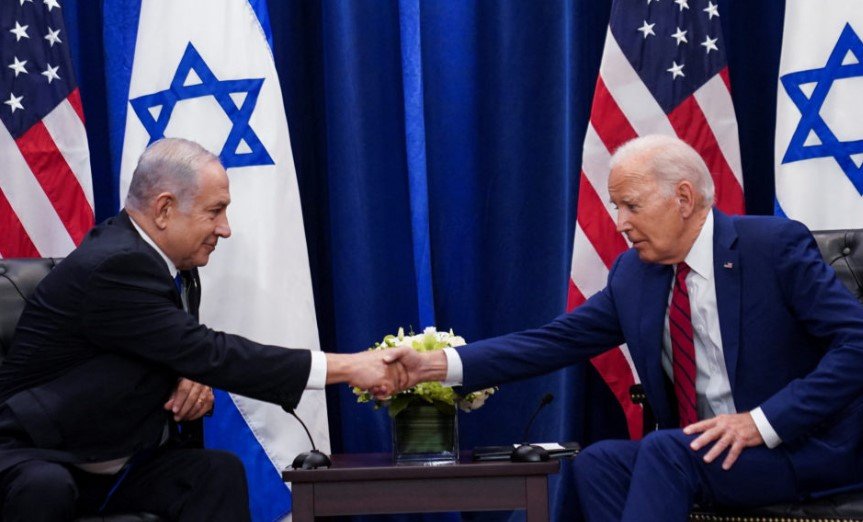Israel’s latest war in Gaza isn’t just a conflict on the ground—it’s fast becoming a diplomatic headache with real consequences for its relationship with the United States. President Donald Trump’s recent Middle East trip signaled a shift: for now, Israel’s interests seem to be taking a backseat in Washington’s broader foreign policy. This isn’t just about politics; it’s about strategy—and for Israel, the stakes are high.
A Shift in U.S. Priorities Leaves Israel on the Sidelines
President Trump’s visit to the Middle East highlighted something clear and uncomfortable for Jerusalem. The American leader, often seen as Israel’s staunch ally, appears to be recalibrating his approach. Instead of placing Israel front and center, Trump is focusing on broader regional goals that don’t necessarily include Netanyahu’s government as a key player.
This isn’t totally surprising. Gulf states, long cautious about Israel’s role in the region, have been sending signals for months that Israel’s current government lacks the diplomatic leverage to be a valuable partner. Trump’s administration seems to be listening.
For Netanyahu, this is a sharp reversal. His government’s heavy reliance on Trump’s support left little room for maneuver elsewhere. Now, with Washington’s gaze shifting, Israel’s diplomatic influence is shrinking. The once-solid U.S.-Israel partnership feels shaky, and the costs of Jerusalem’s hardline approach in Gaza are coming into focus.

The Messianic Agenda and Its Strategic Costs
Netanyahu’s government has taken a decidedly ideological path—often described as messianic by critics—which colors its policies and limits its flexibility. This religious-nationalist outlook drives a zero-compromise stance in Gaza, escalating tensions and making diplomatic progress nearly impossible.
The fallout? Israel is turning a prized asset into a liability. For decades, its special relationship with the U.S. was a cornerstone of its national security and global standing. Now, that relationship risks unraveling.
-
Israel’s hardline policies have alienated key Arab partners.
-
U.S. policymakers are reluctant to back Israel without a credible peace plan.
-
The diplomatic isolation is growing amid international calls for restraint.
This mix of factors weakens Israel’s hand, both in Washington and across the region.
Diplomatic Fallout: What’s at Stake for Israel?
The implications stretch far beyond Washington’s halls. Israel’s waning influence over U.S. foreign policy means fewer resources, less political backing, and diminished ability to shape outcomes in the Middle East.
Consider:
| Factor | Impact on Israel |
|---|---|
| U.S. Military Aid | Potential cuts or conditions attached |
| Peace Negotiations | Less leverage to push terms |
| Regional Security Partnerships | Gulf states less willing to cooperate |
| Global Image | Increased criticism and isolation |
These aren’t just hypotheticals. Already, discussions within the U.S. administration hint at a more balanced approach that demands accountability from Israel, particularly regarding Gaza.
At the same time, Israel’s closest allies in Congress remain supportive but cautious, increasingly aware that uncritical backing may cost the U.S. politically and diplomatically.
The Question of Alternatives: Where Does Israel Go From Here?
With its U.S. backing under pressure, Israel faces a critical choice. Can it moderate its stance, or will it double down on the current trajectory? The messianic agenda leaves little room for compromise, but the cost of isolation grows every day.
It’s not just about survival—it’s about strategic relevance. Can Israel find new partners or recalibrate its diplomacy to regain influence? Or will it become a regional outcast, stuck in a self-imposed diplomatic corner?
These questions will shape the Middle East’s political landscape for years to come.
